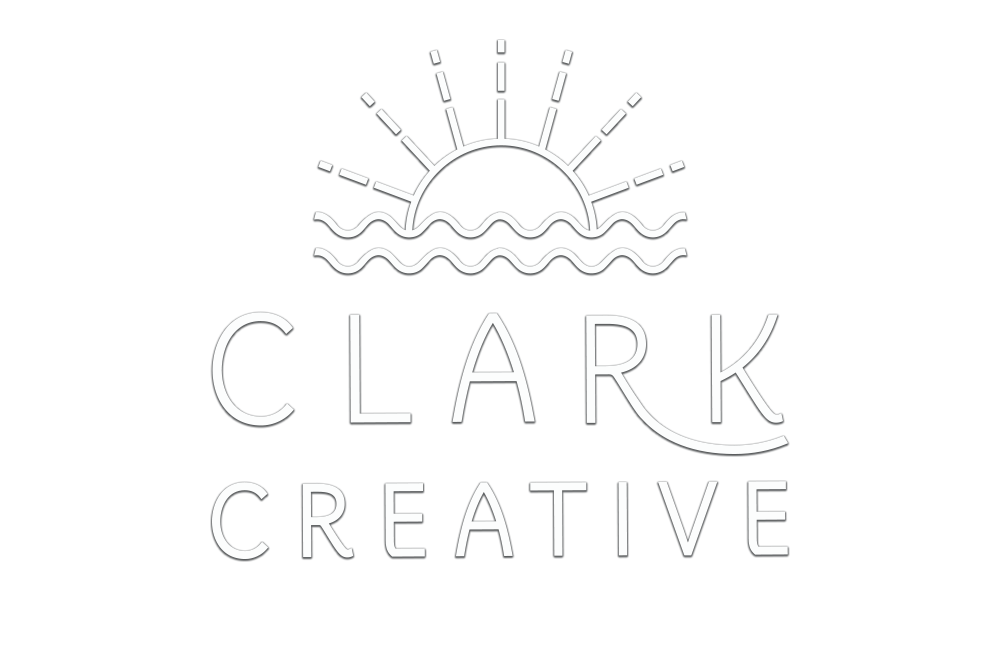Brand Authenticity
Brand Authenticity
Being authentic means being open and honest about who you are and what you stand for as a brand. If you can be consistently authentic in everything that you do then your audience will do your marketing for you through re-sharing your social posts and championing your brand wherever possible. That’s the dream scenario, right?
The truth is, brand authenticity is hardly ground-breaking – be open and honest about who you are and ultimately you will make stronger and more impactful connections with people.
If your values are divisive then you need to make sure you don’t ostracise a large section of your audience, but ultimately if you know who you’re talking to and trying to reach (and share their values) you will be in with a far better chance of building that strong connection that ultimately leads to retention and growth.
Cut-through the noise
Although not complicated, it’s not without its pitfalls. Many brands have tried to appear authentic and failed. Consumers are savvier than ever before, and will soon cotton on if you’re trying to deceive them into thinking you align with brand values and ideologies that you don’t actually believe in.
Authenticity should be promoted across all levels of your brand - the causes you align yourself with, the way you treat your staff, your supply chain, your products, your tone of voice and the way you carry yourself. It’s a package deal with no shortcuts. You have to be honest.
With so much noise and competition for your brand’s attention it can be hard to break through and get meaningful engagement. You may have a lot of followers or people landing on your website but how many of those convert into loyal customers? The more you can connect with your audience through authenticity, consistent messaging and a compelling brand story, the stronger that bond will become.
Be true to yourself and your audience
In 2018, Nike released their ‘Dream Crazy’ ad starring former NFL quarterback Colin Kaepernick. Kaeprnick had been the figurehead for a movement of NFL players kneeling during the American national anthem in protest at police killings of unarmed black Americans. The protests had been largely divisive, drawing ire from certain sections of America, including the disapproval of the then president Donald Trump.
The advert, which also featured superstars Serena Williams and LeBron James commenting on a range of social issues, was ultimately a shrewd business move for Nike, who despite scenes of people burning Nike products in the street saw a 5% increase in their stock value.
It was a bold move at the time, and widely heralded for changing the way companies now advertise and comment on social and political issues in a way they never have done before. Although it was certainly a brave move to run with something so potentially divisive, Nike was listening and reacting to its audience and to changes that were already taking place. Research by the NPD Group at the time showed that Nike’s core customers were under 35, tended to side with Kaepernick and increasingly wanted to know that the values of the brands they’re buying from align with their own values and beliefs. The moral of the story? Nike knew their audience and if you want to create content that connects, you should know yours too.
With corporations and companies of all sizes invading our timelines and elbowing their way into our lives like never before it’s no surprise that people are now starting to ask more questions of these organisations.
Interestingly, when it comes to marketing to Millennials, 83% want companies to have the same values as they do, 76% want CEOs to speak out on issues they care about, and 62% prefer products that show off their political and social beliefs in their messaging. So it has become increasingly clear that what you believe in and align with as a brand does matter.
